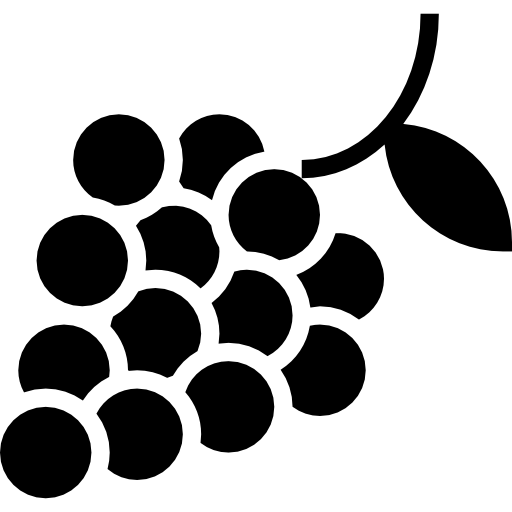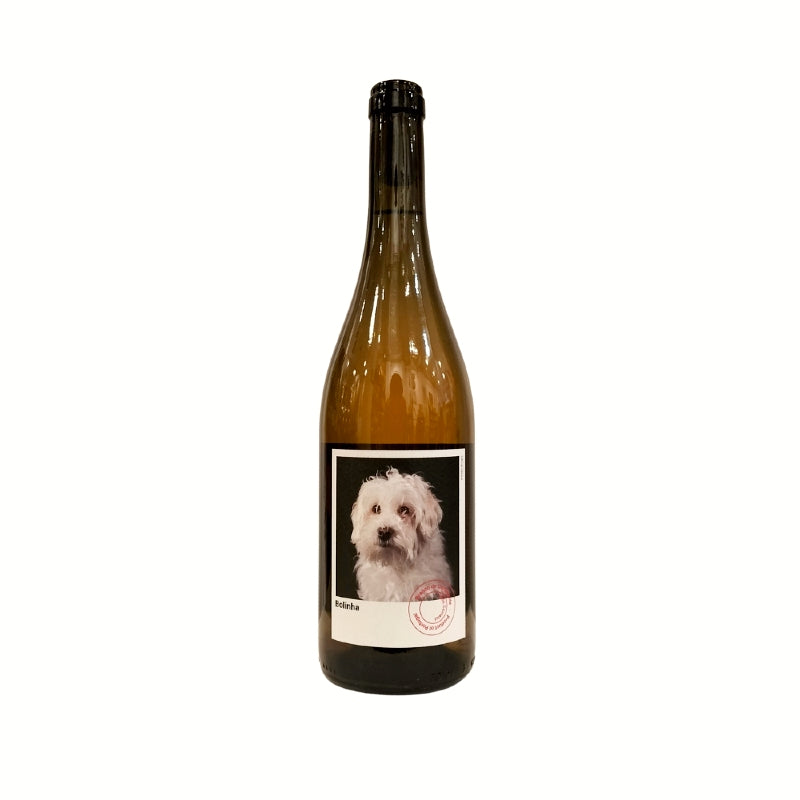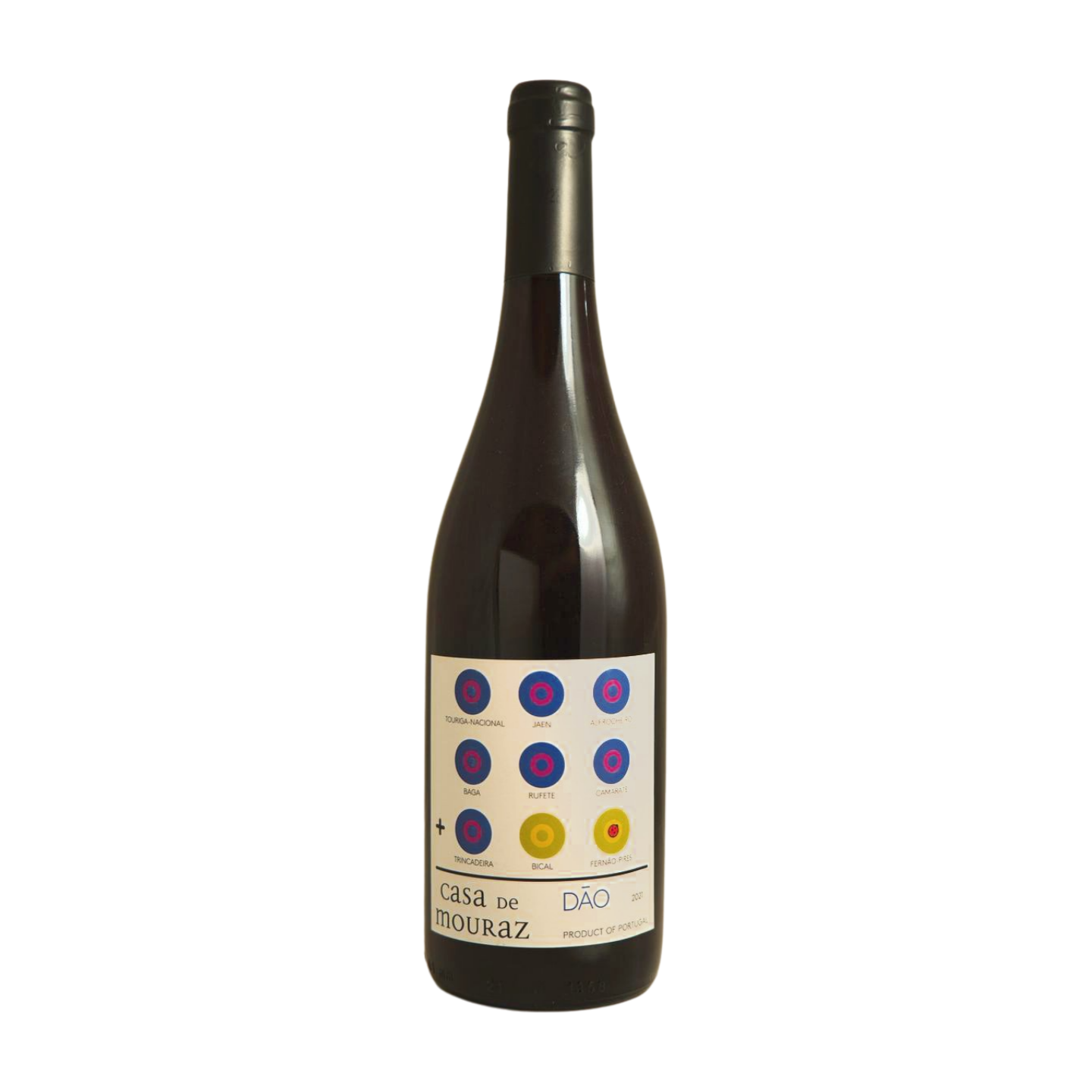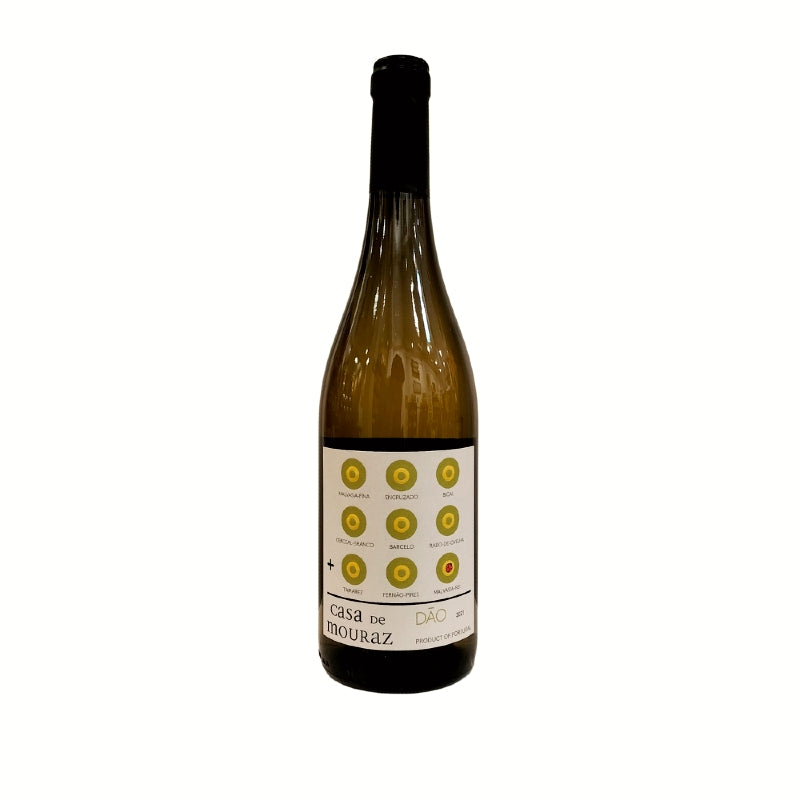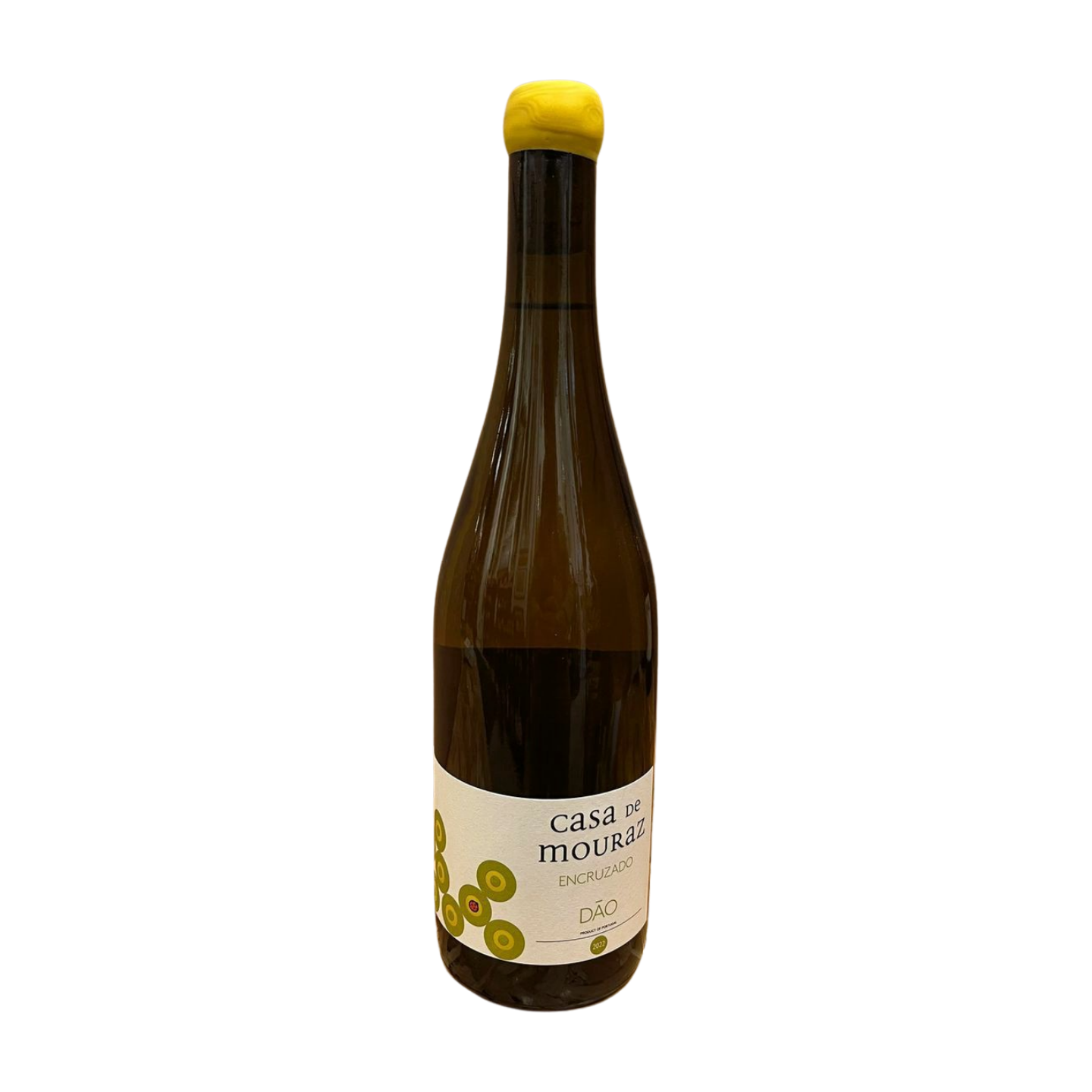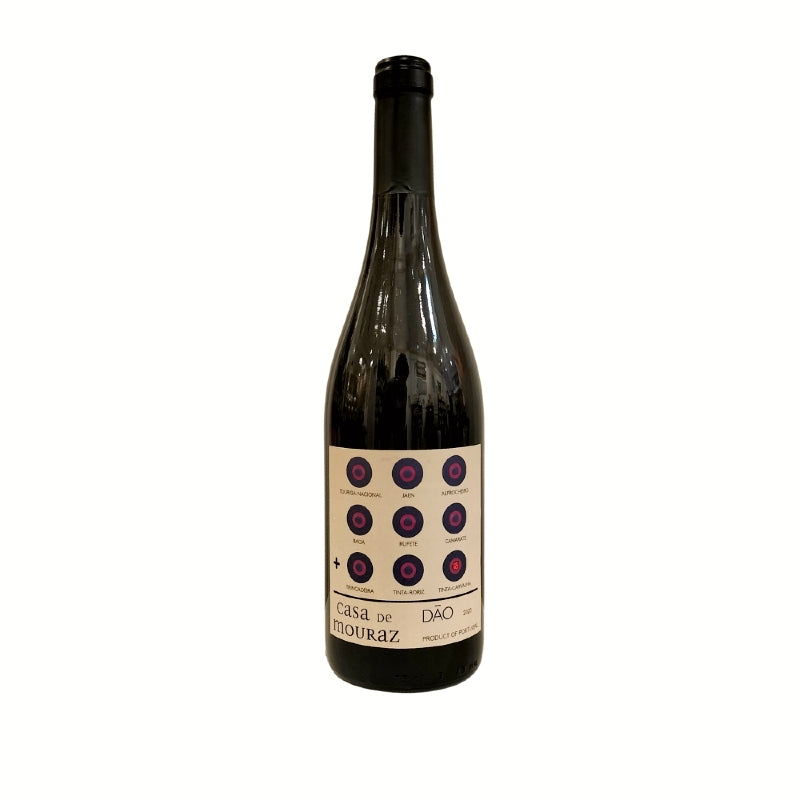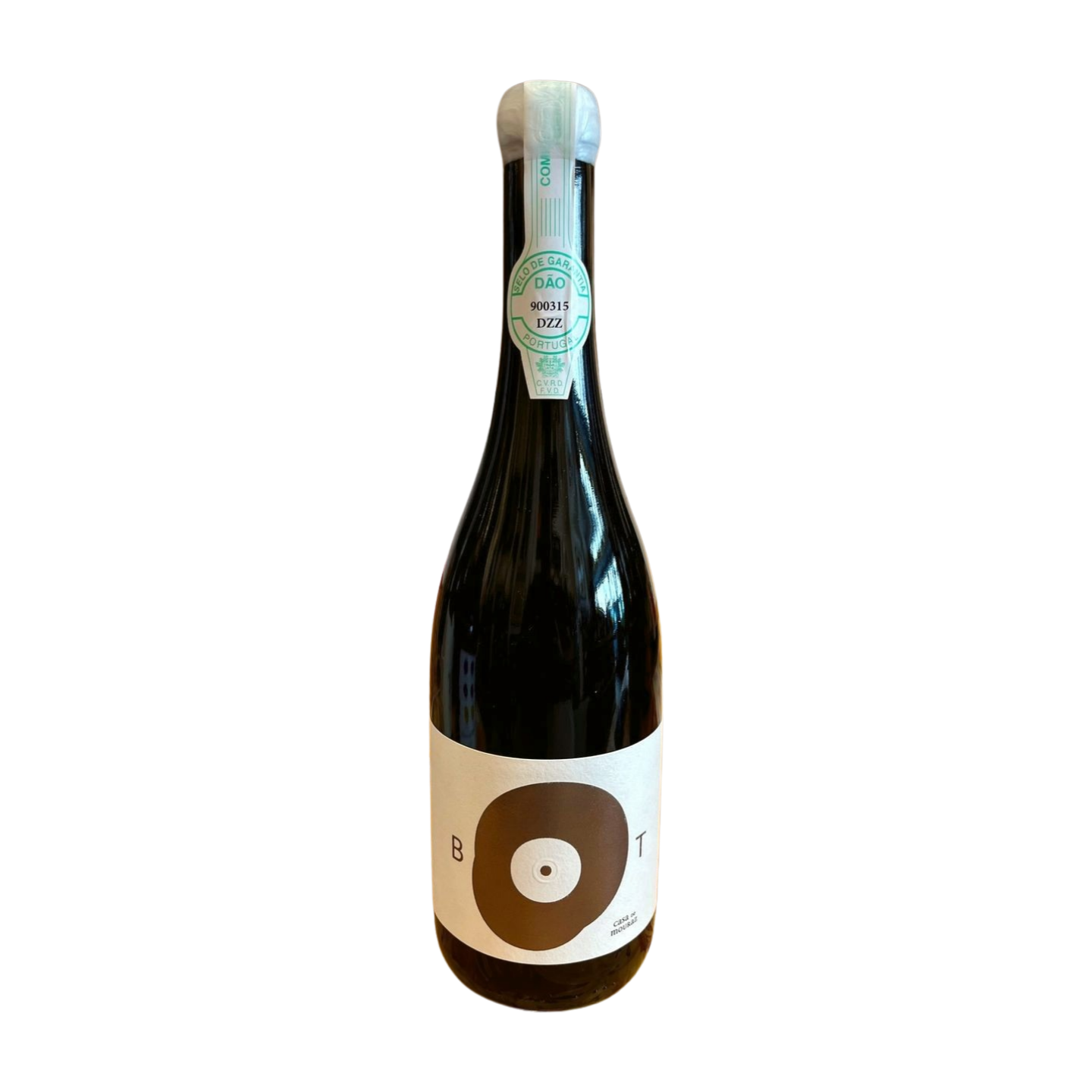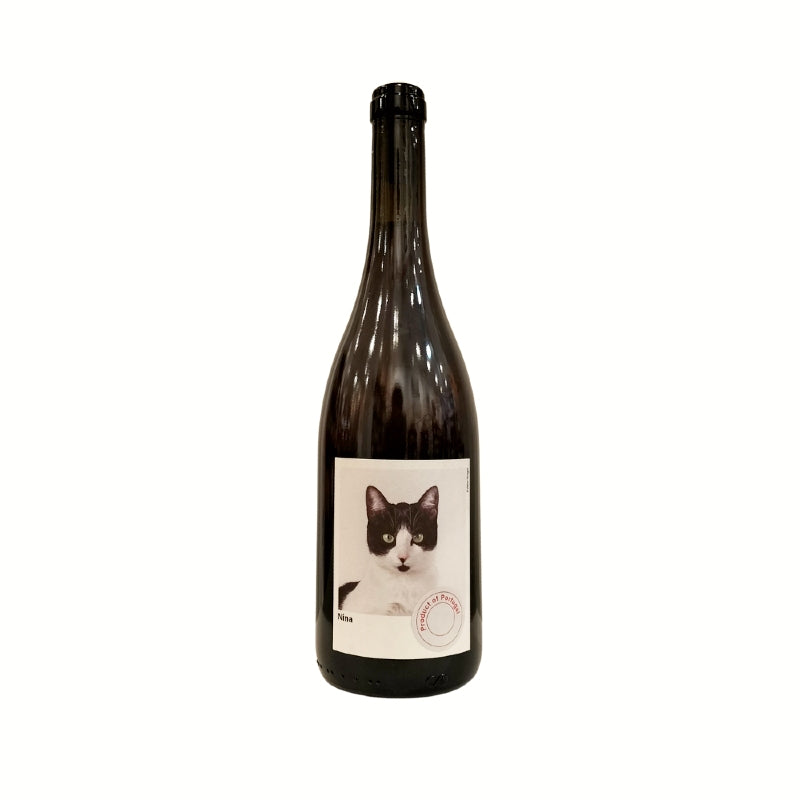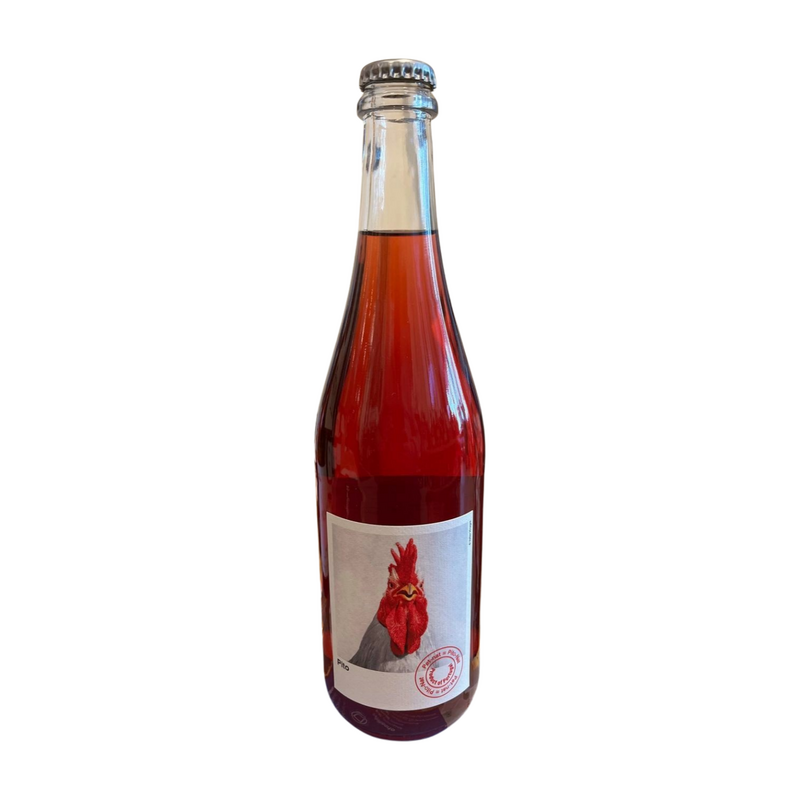
Casa de Mouraz - Pito Pet Nat Palhete
Tax included. Shipping calculated at checkout
Choose options

Casa de Mouraz - Pito Pet Nat Palhete
Sale price€21,99
Regular price
Learn more about
Casa de Mouraz
More from Casa de Mouraz
Casa de Mouraz - Bolinha Curtimenta
Sale price€25,99
Casa de Mouraz - Palhete
Sale price€15,00
Casa de Mouraz - Branco
Sale price€15,00
Casa de Mouraz - Encruzado Branco
Sale price€17,99
Casa de Mouraz - Tinto
Sale price€14,00
Casa de Mouraz - Pito Pet Nat Palhete
Sale price€21,99
Casa de Mouraz - 2017 - BOT Tinto
Sale price€69,00
Casa de Mouraz - Nina TInto
Sale price€21,00


